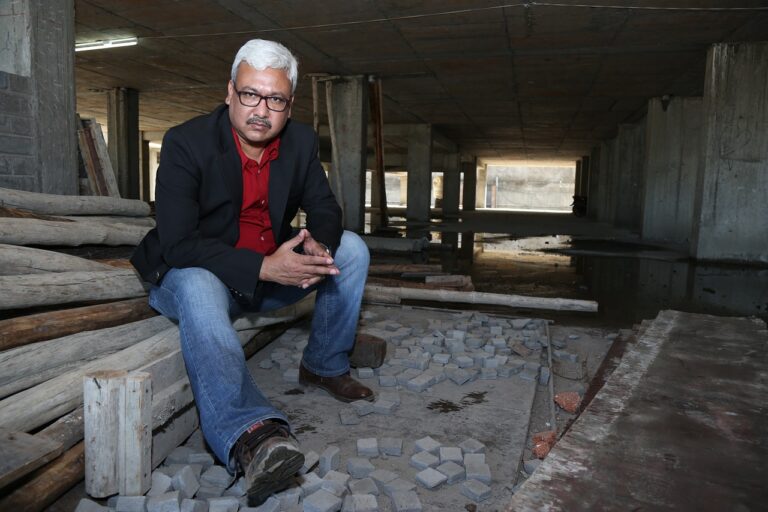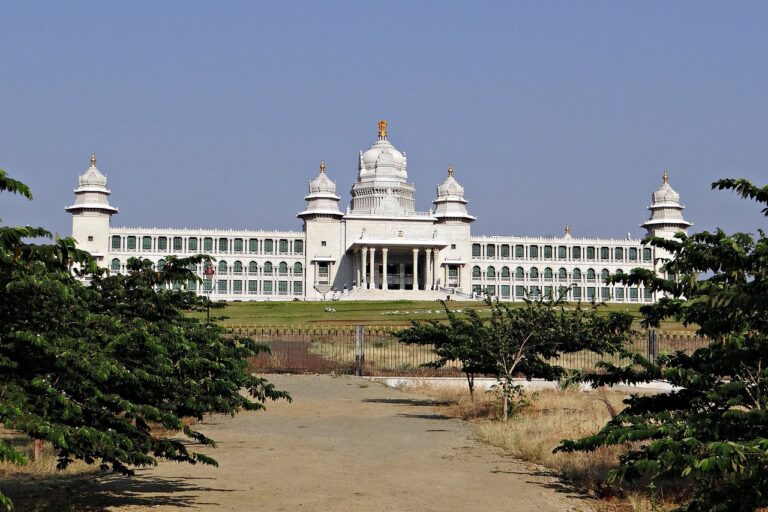The Importance of Voter Trust in Elections: World777, 11xplay pro, Betbook247 app login
world777, 11xplay pro, betbook247 app login: Public opinion plays a crucial role in shaping political campaigns and ultimately determining the outcome of elections. Politicians are constantly seeking to understand and influence public opinion through various means such as polling, media appearances, and campaign messaging. In this article, we will explore the significance of public opinion in political campaigns and how it can impact the decisions of both candidates and voters.
Understanding Public Opinion
Public opinion refers to the collective attitudes, beliefs, and preferences of a population on a particular topic or issue. In the context of politics, public opinion can influence the policy decisions of elected officials, shape the platforms of political parties, and sway the outcomes of elections. It is an essential component of a healthy democracy as it reflects the will of the people and holds leaders accountable for their actions.
The Role of Public Opinion in Political Campaigns
Public opinion plays a significant role in political campaigns in several ways. First and foremost, candidates rely on public opinion polls to gauge the mood of the electorate and identify key issues that resonate with voters. By understanding the concerns and priorities of the public, politicians can tailor their campaign messages to appeal to a broader audience and increase their chances of winning elections.
Moreover, public opinion can also influence the tone and direction of political campaigns. If a particular issue gains traction with the public, candidates may adjust their platforms to address that issue more prominently. For example, if healthcare emerges as a top concern among voters, candidates may focus on healthcare reform in their campaign speeches and advertisements to gain support from the electorate.
Public opinion can also shape the strategies and tactics that candidates use during political campaigns. For instance, if a candidate is perceived negatively by the public, their opponents may launch attack ads to exploit that weakness and sway undecided voters. On the other hand, candidates with strong public approval ratings may use positive messaging to reinforce their popularity and appeal to their base of supporters.
Ultimately, public opinion can have a direct impact on the outcome of elections. Candidates who are able to mobilize public support and garner a majority of votes will win their races and assume office. By paying attention to public opinion and responding to the concerns of voters, politicians can build trust and credibility with the electorate, which can translate into electoral success.
Challenges of Shaping Public Opinion
While public opinion can be a powerful force in political campaigns, it is also subject to manipulation and misinformation. Candidates may use misleading tactics to sway public opinion in their favor, such as spreading false information about their opponents or distorting the facts on key issues. In the age of social media and fake news, it can be challenging for voters to discern the truth and make informed decisions based on accurate information.
Furthermore, public opinion is not always consistent or predictable. Shifts in public sentiment can occur rapidly in response to unfolding events or changing circumstances, making it difficult for candidates to anticipate how voters will react. In a constantly evolving political landscape, candidates must be agile and adaptable to navigate the complexities of public opinion and position themselves effectively in the eyes of the electorate.
FAQs
Q: Can public opinion be manipulated by politicians?
A: Yes, public opinion can be influenced and manipulated by politicians through various means such as propaganda, misinformation, and mass media campaigns. It is essential for voters to critically evaluate the information they receive and make informed decisions based on facts and evidence.
Q: How do politicians gauge public opinion?
A: Politicians can gauge public opinion through opinion polls, focus groups, and social media analytics. These tools help candidates understand the concerns and preferences of the electorate and shape their campaign strategies accordingly.
Q: What role does public opinion play in shaping public policy?
A: Public opinion can influence the decisions of elected officials and shape public policy by highlighting the priorities and preferences of the electorate. Politicians often tailor their policy proposals to align with popular sentiment in order to gain support from voters.
In conclusion, public opinion is a powerful force in political campaigns that can shape the strategies, messaging, and outcomes of elections. By understanding and responding to the concerns of the electorate, politicians can build trust and credibility with voters and increase their chances of winning office. However, public opinion is not always easy to predict or control, and candidates must navigate the complexities of public sentiment with care and agility. Ultimately, the role of public opinion in political campaigns underscores the vital importance of democracy and citizen engagement in the political process.







